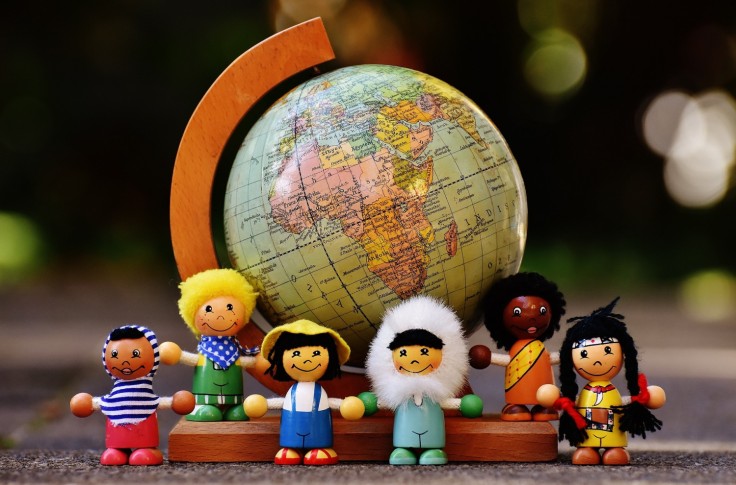
Children might say any biased statement as they discover the world around them. Madeleine Rogin, an educator, told Embrace.org that in her experience as a teacher, she noticed that young children tend to categorize the world around them. As a result, children would apply such skills in real life and categorize people based on skin color or any differences they see, such as hair.
Racial discrimination or racism is when someone is treated differently due to race, ethnicity, nationality, or color. Some kids may encounter racism, especially when they are not knowledgeable enough about a different race. Children need to understand better the world they live in to prevent racial discrimination and also to avoid witnessing and experiencing such.
In the real world, most children would feel awkward when they enter a room and find themselves the only one with long hair in the room or find the class comprised mainly of white people. The awkwardness will eventually diminish when people around them would not treat them differently; thus, it's salient for kids to know what differences they might discover and teach them the differences at a young age.
Discussing and teaching children racism
Marian University encourages children to discuss racism as it helps them understand the differences around them. It's only normal for parents to feel anxious that their child might be a victim of bullying due to differences; thus, the school needs to put some signs around the school that prohibit any form of bullying in the form of racism.
Children should feel welcome when they enter a particular classroom and must be taught that all children are uniquely different, but that doesn't mean that there should be unfair treatment because all children are different.
Schools are not the only ones that play an important role in teaching children racism but also parents. The home must be the first source where this knowledge must come from. When parents stay silent on issues regarding racism, children would feel that it's not really necessary and would likely tend to make their own conclusions when they see people who look different from them. For example, children living in a society of white people would think all black people are homeless when they see a homeless man with dark skin.
To help end racism, everyone has to take an active role. When teaching kids, Kids Health suggests speaking in simple terms and avoiding overwhelming kids with excessive information. State the facts simply and clearly. Do not provide children with more information than they need.
Addressing the issue to fight hate
Dr. David Schonfeld, professor of pediatrics at the University of Southern California and Children's Hospital Los Angeles and director of the National Center for School Crisis and Bereavement, said that children do not naturally discriminate. Kids cannot identify people with a specific race, gender, or ethnicity.
Jinnie Spiegler, director of curriculum and training at the Anti-Defamation League, also suggests not to bombard children with too much information. Dr. Spiegler added that parents could only teach a child when a need for a conversation arises and not surprise children with "let's talk about racism" out of nowhere, per Parents.
Related Article : How the Upcoming Disney Film 'Little Mermaid' Are Making Little Black Girls Feel Included